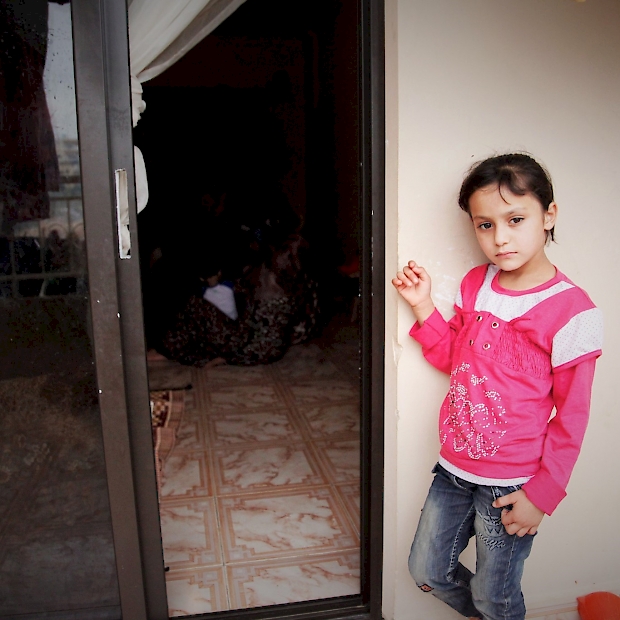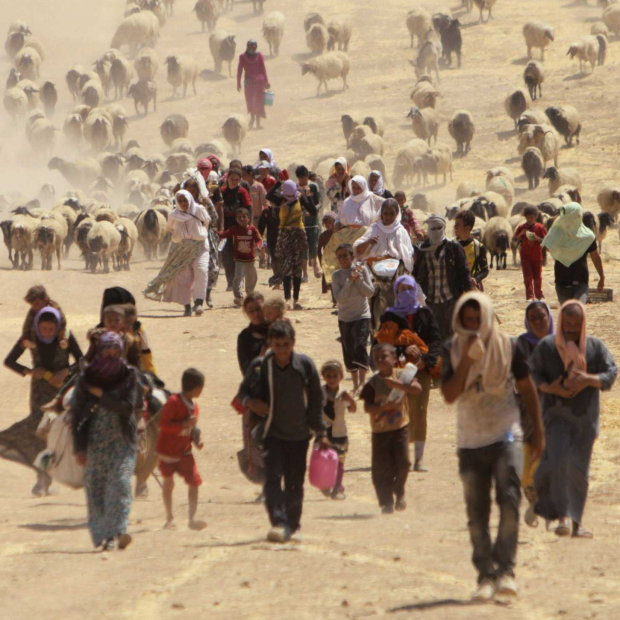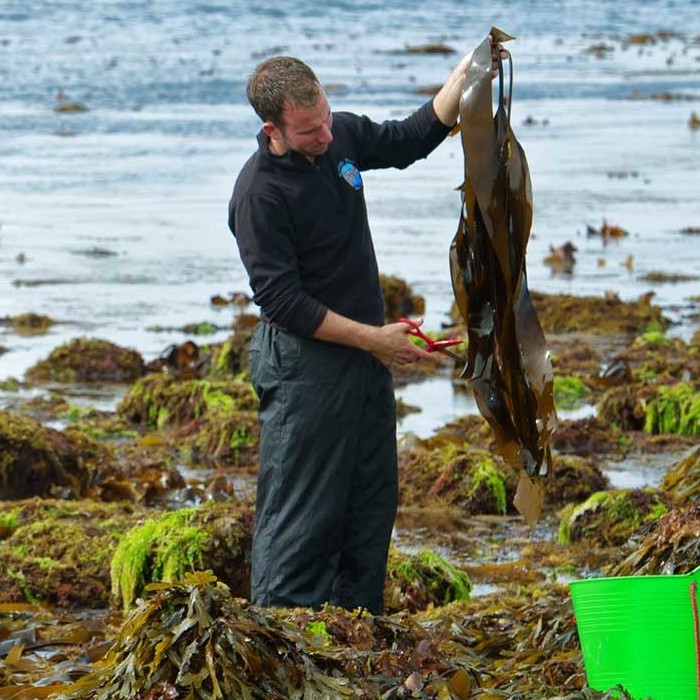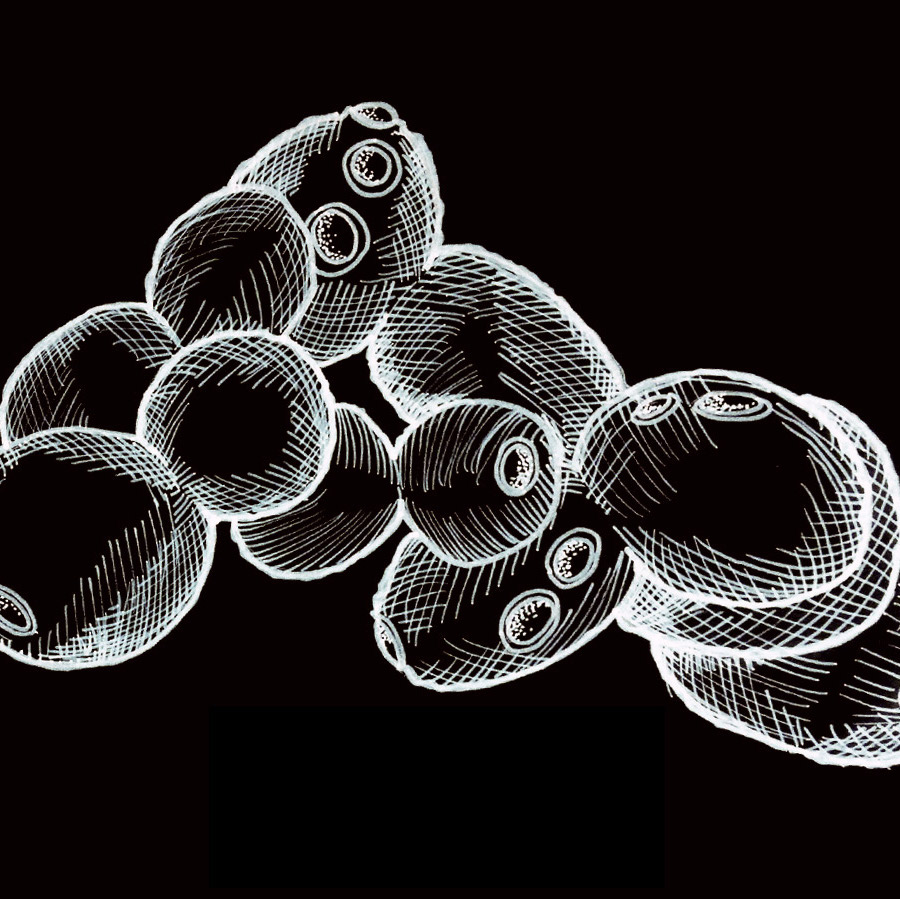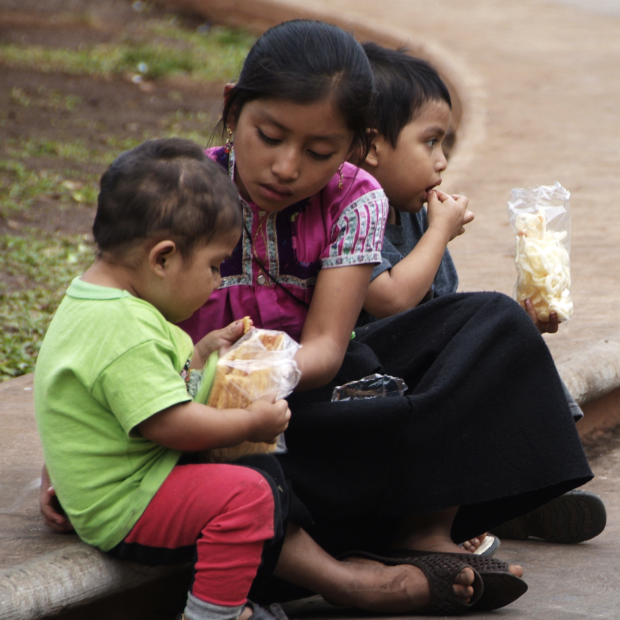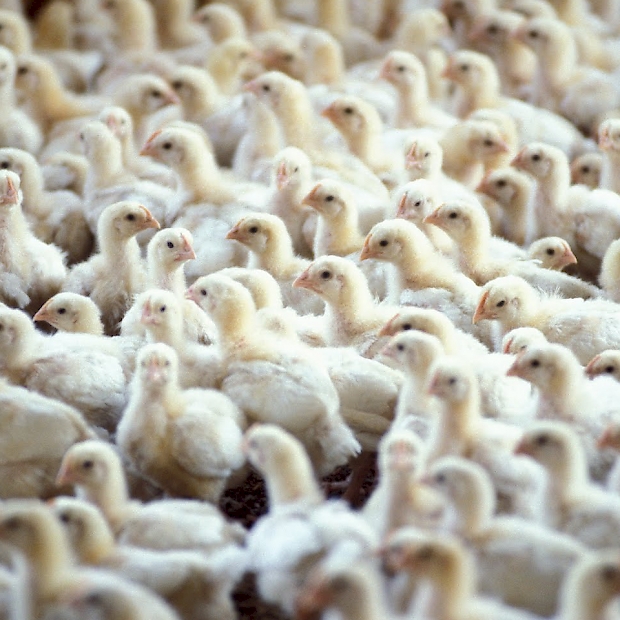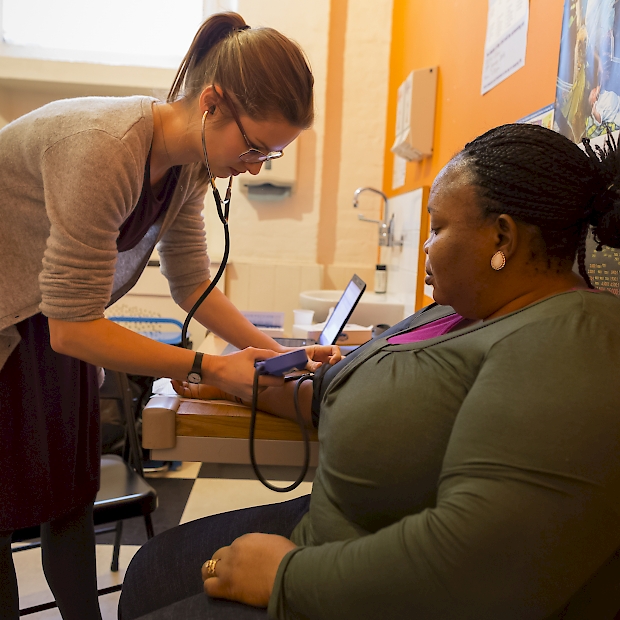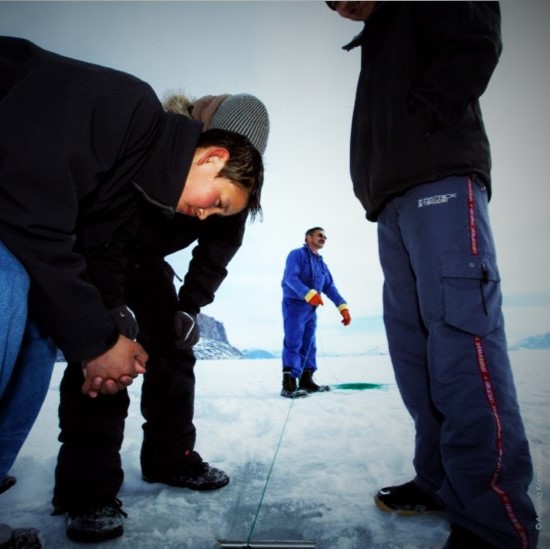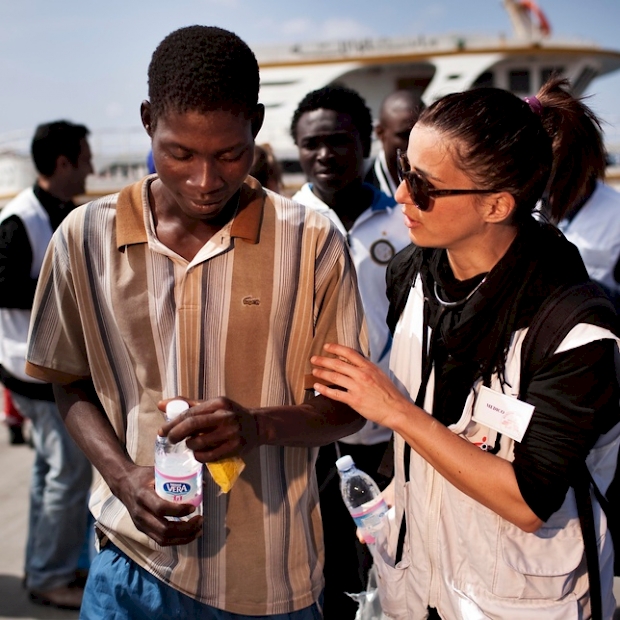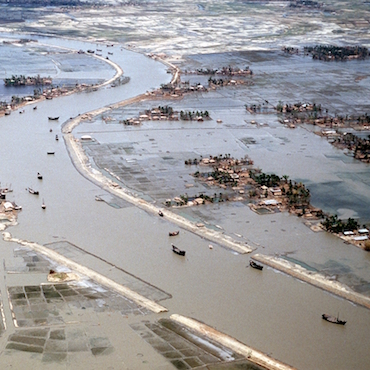New Article
Alexander Jares Stony Brook University School of Medicine, New York
20 July 2018
50 years after it was first proposed, gene therapy - the modification of DNA to treat disease - has gone from science fiction to clinical reality. However, as prices for gene therapies are released, widespread sticker-shock is raising questions about affordability and fair pricing.
Maria Hayes Teagasc Food Research Centre
15 May 2017
A combination of improved agricultural food production methods and an increase of average per capita income have led to a decrease in global hunger over the last half-century. However, by 2054 it is estimated that the global population will consume almost 940 million metric tonnes of protein per year. Currently under-exploited, seaweeds and microalgae contain up to 47% dry weight protein. Could seaweed-based foods feed future generations?
Matthew R. Bennett Rice University
9 April 2017
For years scientists have been studying E. coli as historians would an ancient tome. Biologists, biochemists, and geneticists have dissected, poked, and prodded E. coli until it gave up its secrets: the basic principles of cellular life. Synthetic biologists, on the other hand, look at E. coli and think to themselves: “let’s make a computer”.

